A Conversation with Bruce Duffie
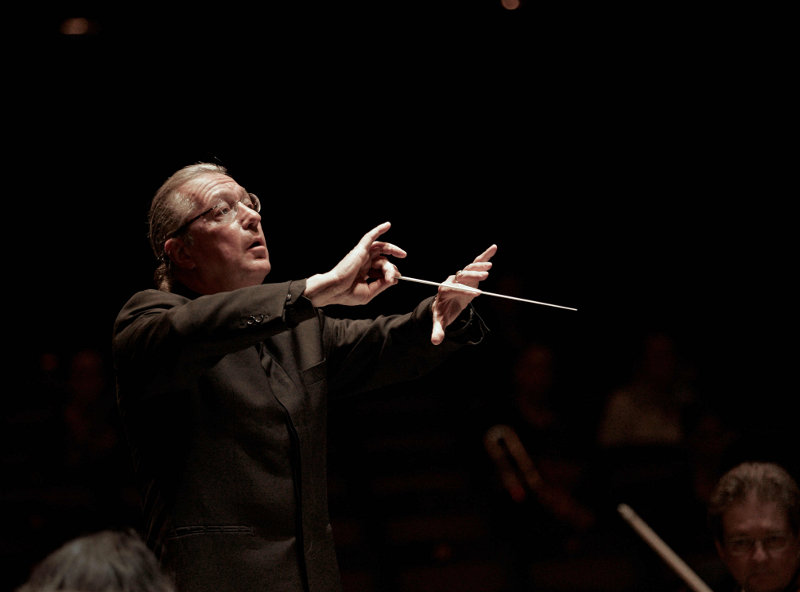

|
Cambreling was the music director of the Théâtre de la Monnaie, Brussels from 1981-1991, during Gerard Mortier's tenure. He served as artistic director and general music director of the Frankfurt Opera from 1993-1997. During his Frankfurt tenure, he encountered controversy over proposed budget cuts from the city of Frankfurt and the director for opera and ballet, Martin Steinhoff. From 1997-2004, he served as principal guest conductor of Klangforum Wien, with whom he premiered Luciano Berio's final opera, Cronaca del luogo. He also made several commercial recordings with Klangforum Wien. He was a frequent conductor at the Opéra National de Paris during Mortier's tenure there, from 2004-2009, holding the title of "principal conductor" for the first season of that duration, a title shared with six other conductors. From 1999 to 2011, Cambreling was chief conductor of the SWR Sinfonieorchester Baden-Baden und Freiburg, and made several commercial recordings with the orchestra. In April 2010, he was named Generalmusikdirektor (GMD) of the Stuttgart State Opera, effective with the 2012-2013 season. He concluded his Stuttgart tenure at the close of the 2017-2018 season. In February 2018, the Symphoniker Hamburg announced the appointment of Cambreling as its next chief conductor, effective with the 2018-2019 season. Outside of Europe, Cambreling became principal conductor of the Yomiuri Nippon Symphony Orchestra in April 2010, with an initial contract of 3 years. He is scheduled to stand down as the orchestra's principal conductor on 31 March 2019.-- Throughout this page, names which are links
refer to my interviews elsewhere on my website. BD
|
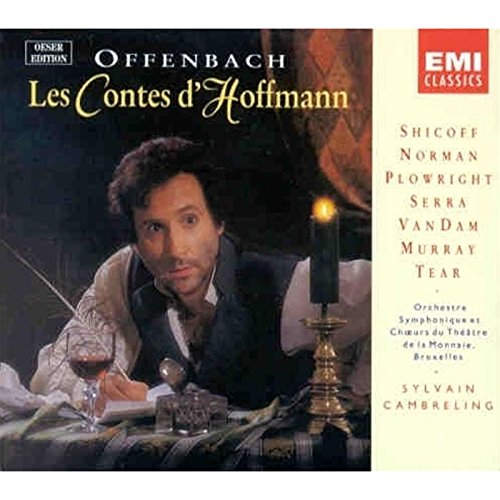 BD: No, we come in about a week. We very rarely
come to first performances. We come to the third or fourth.
BD: No, we come in about a week. We very rarely
come to first performances. We come to the third or fourth.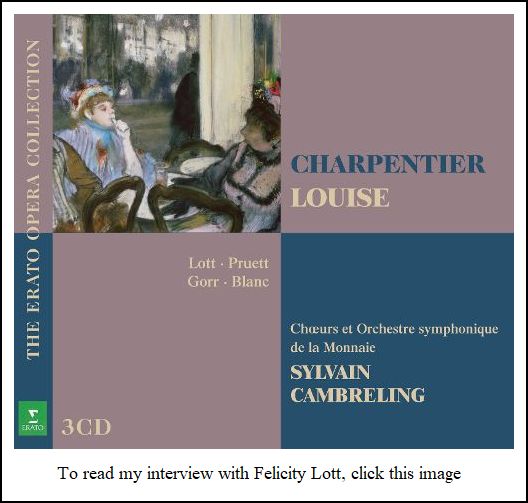 BD: Is there only one way that it has to be?
BD: Is there only one way that it has to be?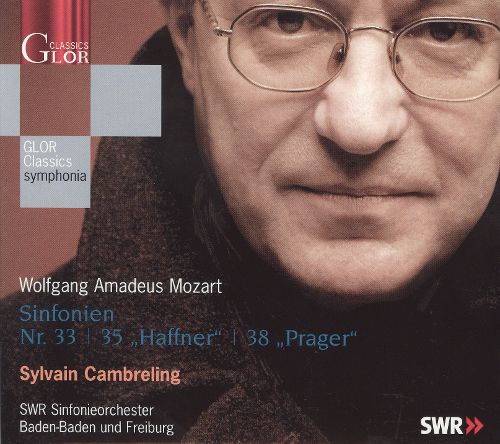 BD: But each one receives it a little differently.
BD: But each one receives it a little differently.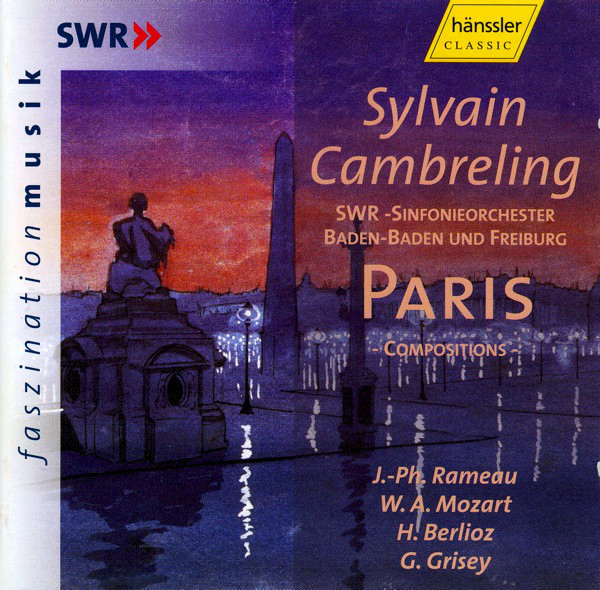 BD: You are French, so tell me about
the French style. What is it that we don’t seem to understand about
the French style?
BD: You are French, so tell me about
the French style. What is it that we don’t seem to understand about
the French style?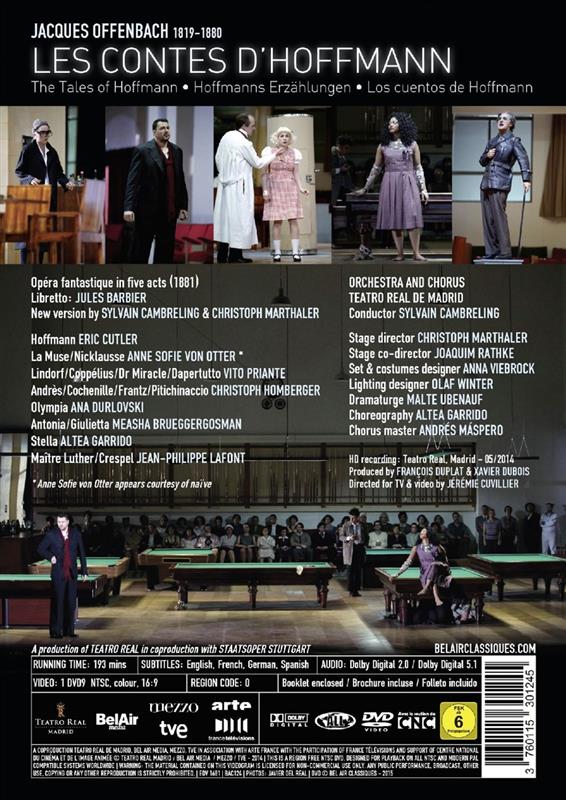 SC: In the last twenty-two years, I have given practically
eighty per cent for my time to opera theater, and twenty per cent to concerts.
SC: In the last twenty-two years, I have given practically
eighty per cent for my time to opera theater, and twenty per cent to concerts.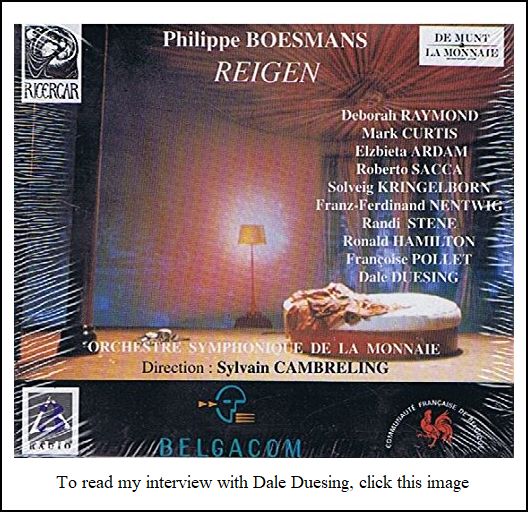 BD: Music itself will last forever?
BD: Music itself will last forever?
© 1998 Bruce Duffie
This conversation was recorded in Chicago on November 16, 1998. Portions were broadcast on WNIB three weeks later. This transcription was made in 2018, and posted on this website at that time. My thanks to British soprano Una Barry for her help in preparing this website presentation.
To see a full list (with links) of interviews which have been transcribed and posted on this website, click here.
Award - winning broadcaster Bruce Duffie was with WNIB, Classical 97 in Chicago from 1975 until its final moment as a classical station in February of 2001. His interviews have also appeared in various magazines and journals since 1980, and he now continues his broadcast series on WNUR-FM, as well as on Contemporary Classical Internet Radio.
You are invited to visit his website for more information about his work, including selected transcripts of other interviews, plus a full list of his guests. He would also like to call your attention to the photos and information about his grandfather, who was a pioneer in the automotive field more than a century ago. You may also send him E-Mail with comments, questions and suggestions.